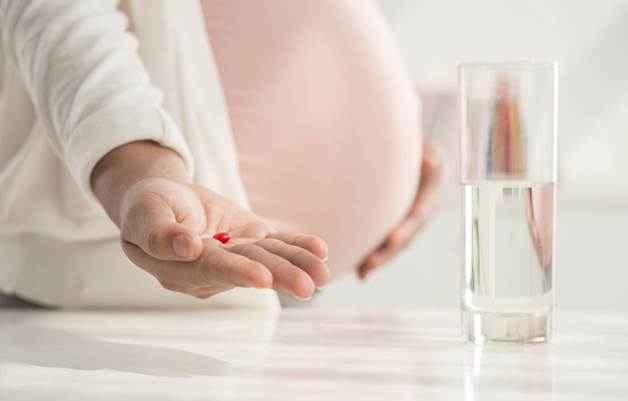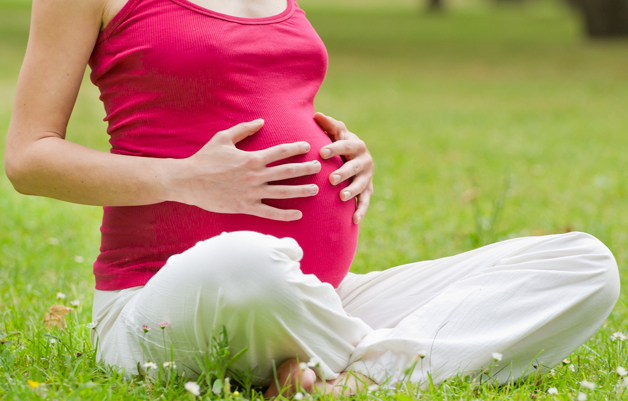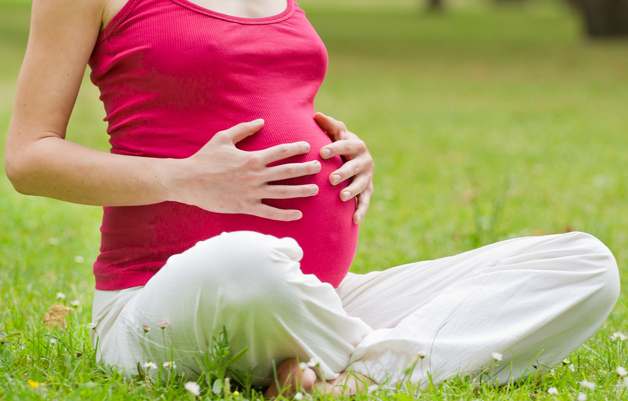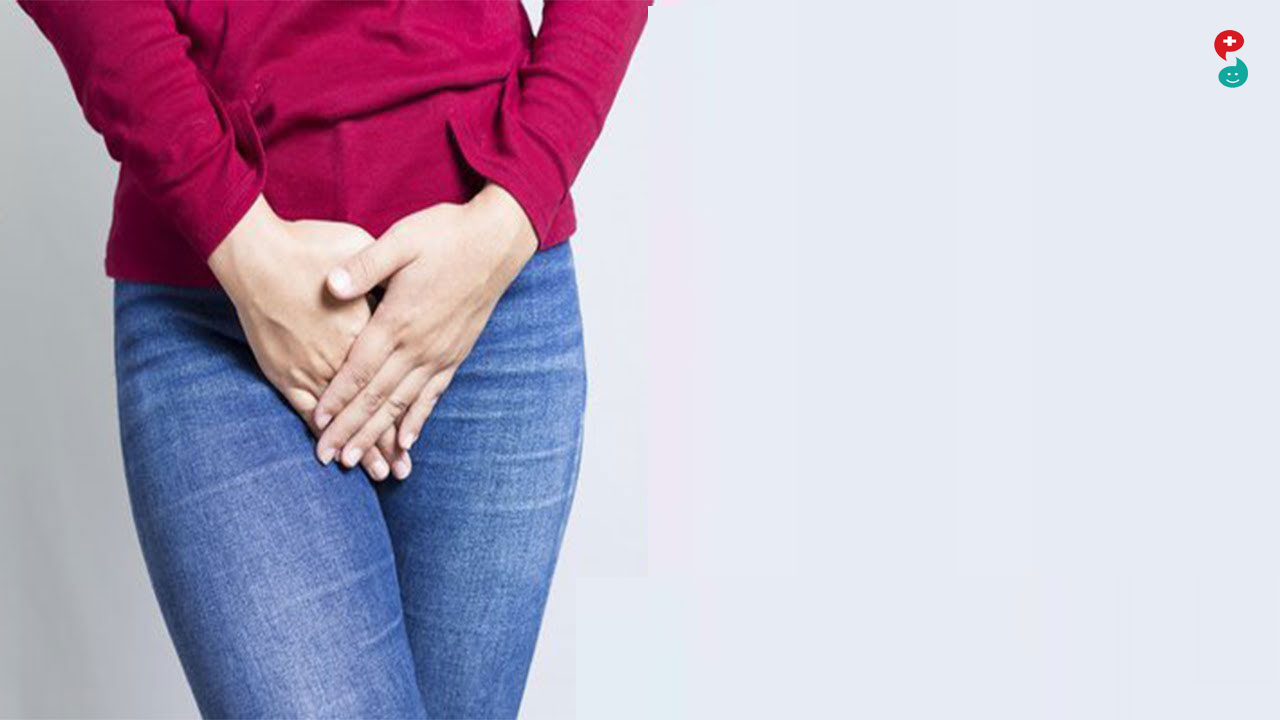Pregnancy is a beautiful phase of every women's life; with little precaution this journey can be memorable. Hellodox wishes happy nine months with expert advice on yoga, exercise, meal plans, natural care and home care. Get the best pregnancy care tips and charts on HelloDox.

MD - Allopathy Gynaecological Endoscopy Specialist Infertility Specialist 12 Years Experience, Maharashtra
Wear Sunscreen
Being pregnant makes your skin more sensitive to sunlight, so you're more prone to sunburn and chloasma, those dark, blotchy spots that sometimes appear on the face. Apply a sunscreen with an SPF of 30 or higher (many brands now offer chemical-free formulas) and wear a hat and sunglasses. While no studies prove spending time in tanning beds can hurt your baby, the American Pregnancy Association recommends you avoid them while you're pregnant.
Stay Clean
Frequent hand washing can protect you from infections such as Group B streptococcus, Fifth disease, cytomegalovirus, and chickenpox, all of which can cause birth defects and other severe complications for your baby. Ethyl alcohol-based hand sanitizers are a great option for those times when you can't get to a sink. "They protect users from most of the communicable infections," says Anjan Chaudhury, M.D., an Ob-Gyn at St. Elizabeth's Medical Center in Boston.
Travel Smart
Go ahead: book that flight, but take some precautions. The Mayo Clinic say mid-pregnancy (14 to 28 weeks) is usually the best time to fly—by this time you're probably over morning sickness, and the risk of miscarriage or early delivery is low. Still, check with your doctor about any travel plans, and make sure the airline has no restrictions for pregnant women. On the plane, drink plenty of water to stay hydrated, and get up and walk around every half hour to reduce the risk of blood clots. An aisle seat will give you more room and make trips to the bathroom easier.
In the car, continue to wear a safety belt. According to the National Highway Traffic Safety Administration, the shoulder portion of the restraint should be positioned over the collar bone. The lap portion should be placed under the abdomen as low as possible on the hips and across the upper thighs, never above the abdomen. Also, pregnant women should sit as far from the air bag as possible.

MD - Allopathy Gynaecological Endoscopy Specialist Infertility Specialist 12 Years Experience, Maharashtra
Even everyday tasks like scrubbing the bathroom or cleaning up after pets can become risky when you're pregnant. Exposure to toxic chemicals, lifting heavy objects, or coming in contact with bacteria can harm you and your baby. Here are some things to (hooray!) take off your to-do-list:
- Heavy lifting
- Climbing on step stools or ladders
- Changing kitty litter (to avoid toxoplasmosis, a disease caused by a parasite which cats can carry)
- Using harsh chemicals
- Standing for long periods of time, especially near a hot stove
Also, wear gloves if you're working in the yard where cats may have been, and wash your hands thoroughly after handling raw meat.
Check Your Medications
Check with your doctor or midwife before taking any over-the-counter medications, supplements, or "natural" remedies. Even non-steroidal anti-inflammatory drugs (NSAIDs) such as ibuprofen should be avoided—studies suggest they increase the risk of miscarriage and damage to fatal blood vessels.
Track Your Weight Gain
We know—you're eating for two. But packing on too many extra pounds may make them hard to lose later. At the same time, not gaining enough weight can put the baby at risk for a low-weight birth, a major cause of developmental problems. Recently the Institute of Medicine (IOM) issued new guidelines for weight gain during pregnancy. Here's what the IOM recommends, based on a woman's BMI (body mass index) before becoming pregnant with one baby:
- Underweight: Gain 28-40 pounds
- Normal weight: Gain 25-35 pounds
- Overweight: Gain 15-25 pounds
- Obese: Gain 11-20 pounds
Check in with your doctor frequently to make sure you're gaining at a healthy rate.
Rethink Your Spa Style
Pregnancy is definitely a time for pampering, but you need to be careful. Avoid saunas, which can make you overheated. Ditto for hot tubs: According to the American Pregnancy Association, it takes only 10 to 20 minutes of sitting in one for your body temperature to reach 102 degrees Fahrenheit—nearly the limit of what's considered safe for pregnant women. Also, certain essential oils can cause uterine contractions, especially during the first and second trimester, so check with your massage therapist to make sure only safe ones are being used. On the taboo list: juniper, rosemary, and clary sage. The same goes for over-the-counter medicines and supplements containing these herbal remedies; don't take them without first consulting your obstetrician or midwife.

MD - Allopathy Gynaecological Endoscopy Specialist Infertility Specialist 12 Years Experience, Maharashtra
If you're pregnant or thinking about getting pregnant, you probably know some of the basic pregnancy advice about taking care of yourself and the baby: don't smoke or be around second-hand smoke, don't drink, and get your rest. Here are more pregnancy tips, from taking vitamins to what to do with the kitty litter, that can help ensure safe and healthy prenatal development.
Take a Prenatal Vitamin
Even when you're still trying to conceive, it's smart to start taking prenatal vitamins. Your baby's neural cord, which becomes the brain and spinal cord, develops within the first month of pregnancy, so it's important you get essential nutrients – like folic acid, calcium, and iron – from the very start.
Prenatal vitamins are available over the counter at most drug stores, or you can get them by prescription from your doctor. If taking them makes you feel queasy, try taking them at night or with a light snack. Chewing gum or sucking on hard candy afterward can help, too.
Exercise
Staying active is important for your general health and can help you reduce stress, control your weight, improve circulation, boost your mood, and sleep better. Take a pregnancy exercise class or walk at least 15-20 minutes every day at a moderate pace, in cool, shaded areas or indoors in order to prevent overheating.
Pilates, yoga, swimming, and walking are also great activities for most pregnant women, but be sure to check with your doctor first before starting any exercise program. Aim for 30 minutes of exercise most days of the week. Listen to your body, though, and don't overdo it.

MD - Allopathy Gynaecological Endoscopy Specialist Infertility Specialist 12 Years Experience, Maharashtra
If you're pregnant or thinking about getting pregnant, you probably know some of the basic pregnancy advice about taking care of yourself and the baby: don't smoke or be around second-hand smoke, don't drink, and get your rest. Here are more pregnancy tips, from taking vitamins to what to do with the kitty litter, that can help ensure safe and healthy prenatal development.
White discharge is a fairly common occurrence for a woman but for some first-time mothers, it became a cause of concern when they start having more of the white discharge during pregnancy in the second trimester.
Why there is a white discharge during pregnancy in the second trimester?
There are many possible causes of having thick white discharge in the second trimester of pregnancy. Most of the time it is normal, but it could also indicate something serious.
Leucorrhoea:
The most common reason woman might experience increased white discharge during pregnancy in second trimester is leucorrhoea. It is a normal part of pregnancy and happens to many women. In fact, this is the same white discharge they might have seen before their periods. The only difference is this time it is thicker and more in amount. Leucorrhoea is a thick white discharge with a mild smell. It is made up of secretions from the cervix and vagina.
When pregnant, the estrogen production in body increases causing a greater flow of blood to vagina. More mucus is produced from cervix glands as a result. This then comes out of vagina as a white discharge.”
This white discharge is important because it helps protect developing baby by maintaining a healthy balance of helpful bacteria in birth canal and vaginal area.
Yeast Infection:
If you experience vaginal itching and a burning sensation during urination along with a thick, white discharge resembling cottage cheese, then it might be the sign of a yeast infection in your vagina. Yeast infection is common in women but its chances of occurring increase during pregnancy. During pregnancy, hormonal changes disrupt the pH balance of the vagina causing yeast infection. It is not dangerous and doesn’t harm the baby.
Sexually Transmitted Infections:
Sexually Transmitted Infections are bacterial or viral infections transmitted through genital, oral or anal sex. It causes a yellow or white discharge but with a foul smell and woman might also experience pain during sex and urination. Sexually Transmitted Infections are harmful to woman and her baby and hence, require immediate treatment. The most common STI is gonococcal infection. In most cases, these infections can be treated with antibiotics. Whenever woman notice that white discharge has a foul smell or is associated with itching then consult the doctor immediately.
Bacterial Vaginosis:
As the name suggests, Bacterial Vaginosis is caused by an imbalance in the normal bacteria existing in a woman’s vagina. It is unclear what causes the imbalance. Bacterial vaginosis is a serious concern during pregnancy. It leads to an increased risk of preterm birth or miscarriage thus needs immediate medical attention.













